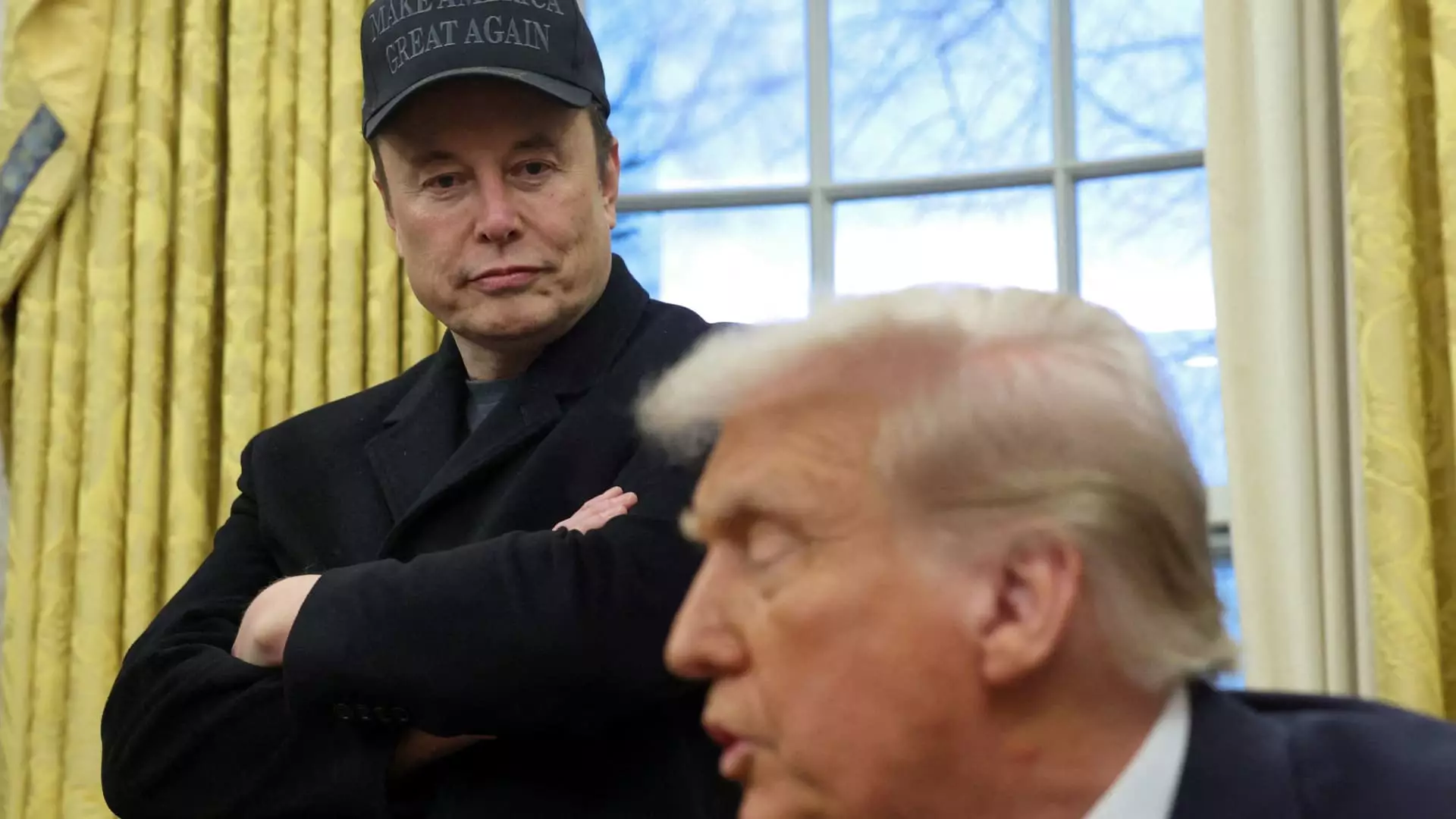The legal action taken by Trump Media and Rumble against Brazilian Justice Alexandre de Moraes underscores the increasing tension between conservative social media platforms and foreign judicial powers. This lawsuit, filed in a federal court in Florida, reflects broader debates over free speech, digital sovereignty, and jurisdiction in an age where social media transcends national boundaries. The plaintiffs argue that Justice Moraes has overstepped his authority by attempting to censor certain users through excessive judicial orders, an action they deem unconstitutional and a significant threat to the essence of American democratic values.
At the heart of the lawsuit lies the allegation that Moraes issued illegitimate “Gag Orders” that inhibit the free expression of users on American digital platforms. This is not just a question of legal principles but rather a reflection of the political climate where social media has become a battleground for ideological warfare. If successful, this lawsuit could set a precedent concerning how foreign legal decisions affect platforms that are based in the U.S. and engage users globally.
The lawsuit posits that censoring a politically outspoken user on a platform like Rumble implicates Truth Social, Trump Media’s social network, which relies heavily on Rumble’s infrastructure for its operational success. The interdependency between these platforms speaks volumes about the interconnected nature of digital ecosystems; a setback for one could create ripples that affect the others. The plaintiffs argue that a ruling against them could not only disrupt their operations but could also establish a dangerous precedent that foreign judicial decisions could impact domestic freedoms.
Moreover, the court’s decision could affect broader conversations about digital rights. With rulings in favor of censorship from foreign authorities, digital creators and users might find themselves under constant threat of being silenced based on rules that are alien to their own legal systems. Thus, this legal battle transcends the immediate issues at hand; it reverberates through the legal landscape surrounding free speech and digital interaction.
The Interplay of Politics and Law
This lawsuit arrives on the heels of significant political turmoil in Brazil, particularly the recent charges against former President Jair Bolsonaro for allegedly engaging in a coup attempt after his electoral defeat. The intertwining of legal actions and political strife reveals a precarious situation wherein digital platforms become extensions of larger political battles. As political factions seek to wield social media as a tool for influence or retaliation, the consequences can be far-reaching, not only for the involved parties but for freedom of expression at large.
The relationship between prominent figures, such as Elon Musk and Donald Trump, and social media platforms also complicates the situation. Musk’s ongoing saga with Justice Moraes—stemming from the blocking of X, formerly Twitter—demonstrates the fraught atmosphere in which these companies operate. Musk’s defiance against judicial demands in Brazil, which resulted in punitive actions taken against his business interests, serves as a microcosm of the complexities of modern digital litigation, where national laws clash with corporate interests and individual freedoms.
Devin Nunes, the CEO of Trump Media, reiterated the core mission of their company to uphold the right to free expression—a claim that resonates profoundly within ongoing debates around censorship. The aggressive legal strategy deployed could serve as both a defense of free speech and an aggressive foray into what many perceive as judicial overreach. It also highlights the ongoing struggles faced by alternative media platforms seeking to carve out spaces for discourse that diverges from mainstream narratives.
This growing friction between digital platforms and foreign legal authorities underscores an essential consideration for the future of free speech in our digitally-driven society. As more individuals and businesses navigate the perilous waters of international jurisdiction, this lawsuit could inspire similar challenges, encouraging others to stand against perceived overreach.
The lawsuit against Justice Moraes is not merely a legal event; it is a flashpoint in the ongoing struggle over digital freedom, sovereignty, and the implications of censorship in a globalized world. As the case unfolds, it could redefine legal boundaries and reinforce or erode the commitment to expression, creating a lasting impact on the way digital platforms operate on the world stage.

